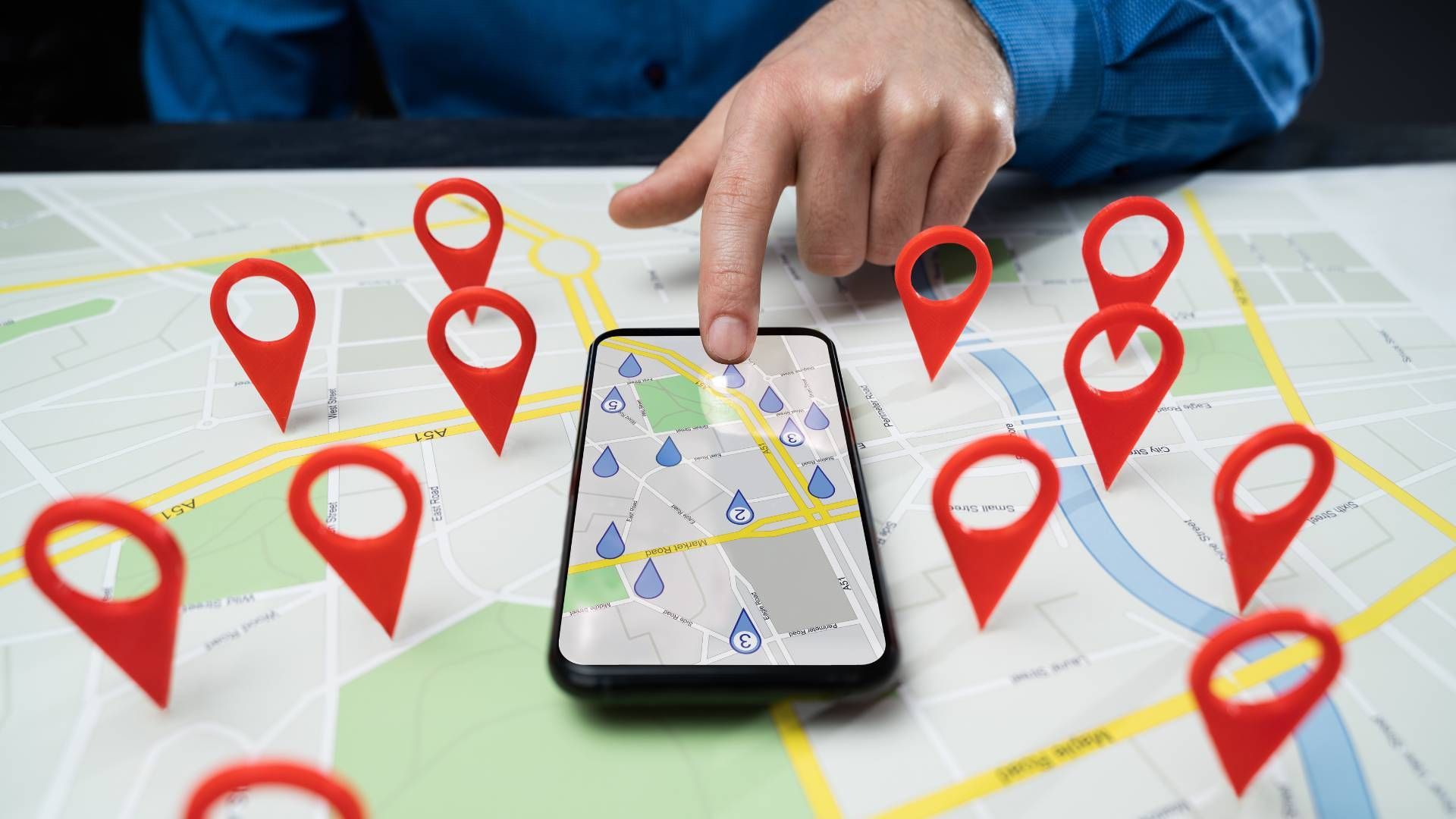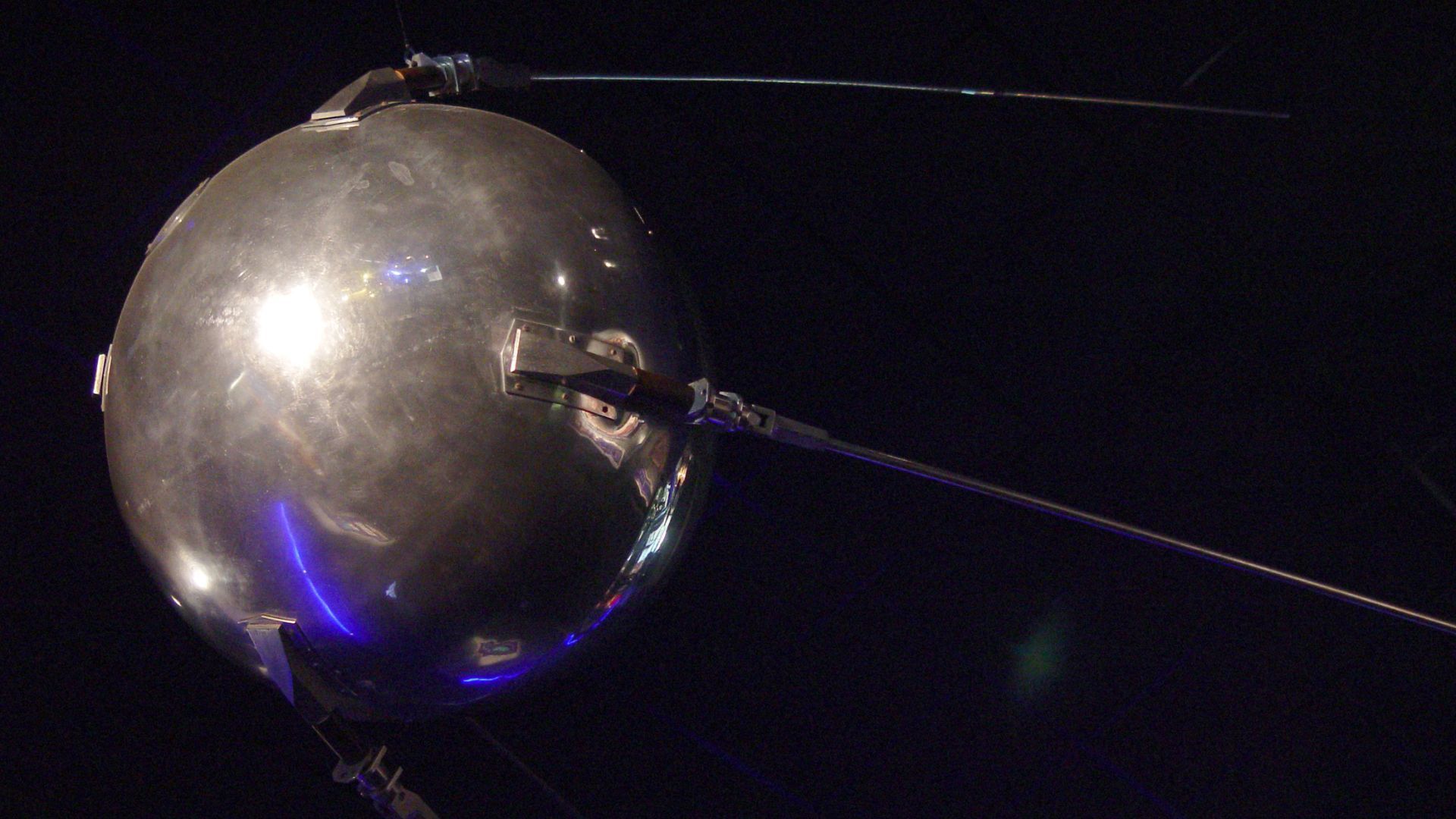GPS Tracking Explained
If you’re considering implementing asset tracking across your supply chain, you might be wondering which option is best for your business.
Here we unpack the history of GPS tracking, what sets it apart from other tracking options, and whether it’s a wise investment for your organisation.
What is GPS tracking?
Global positioning system tracking, better known as GPS, is a technology that uses satellites to determine the exact location of an item in real time.
GPS technology has become an integral part of many people’s lives. It helps businesses streamline their supply chains, saving time, labour and money in the process, plus it allows runners, drivers and hikers to track their routes with ease.
How does GPS tracking work?
GPS tracking operates by using a network of satellites which orbit the Earth, transmitting signals to receivers. These receivers are used in devices such as smartphones, tablets and even cars, as well as dedicated GPS units.
To be tracked using GPS trackers, the device in question must have a GPS receiver and be connected to the internet. These trackers can then gather real-time information, such as speed, idle time or location history.
You can set these trackers to send signals to an application or dashboard at specific intervals.
How long has GPS tracking existed?
Long before the days of vehicle and equipment tracking, GPS tracking technology was initially developed by Roger L. Easton for military and intelligence purposes. In the 1960s, and with inspiration from the Sputnik spacecraft, the first iterations of GPS were used to track the precise delivery of firearms and navigate military platforms.
In the 1980s, GPS came into public use in vehicles, with Honda introducing the first GPS map-based navigation, and Mazda later following suit.
In the 1990s, as President Bill Clinton began to consider further use cases, GPS trackers began to gain popularity amongst fleet managers. Since then, their popularity has increased exponentially, becoming a crucial asset tracking tool within industries such as construction, logistics and healthcare.
Does GPS track in real time?
GPS technology does allow for tracking in real-time. It revolutionized the way businesses tracked assets, providing consistent updates on item locations, with the system sending this information to central monitoring systems, smartphones, tablets or computers.
This precision allows organizations to optimize their processes, make informed decisions and notice areas for improvement in their supply chains.
Real-time GPS tracking comes with plenty of benefits, including:
- Precise and immediate location information
- Enhanced security
- Efficient transport routing, rerouting and dispatching
- Improved resource management
- Data-led insights
- Geofencing opportunities
Geofencing is a GPS technology that allows users to create virtual boundaries around specific physical areas, receiving notifications when a vehicle or item enters or exits that area.

What are the different types of GPS tracking? | Passive vs Active
Not all GPS trackers are the same. There are two key types of GPS tracker:
- Active GPS tracking: This type of GPS tracking gives you live updates, making it ideal for tracking last-mile deliveries or responding to emergencies
- Passive GPS tracking: With passive tracking, data is logged for future use, perfect for businesses looking to review journeys or analyse patterns over time
Choosing the right type of GPS tracking comes down to your main reasons for using it in the first place.
Pros and cons of GPS tracking
Of course, GPS is just one of many tracking options. Despite the clear benefits outlined so far, weighing up the advantages and disadvantages before implementing this technology in your supply chain is essential.
Pros
- Live location tracking
The benefits of receiving real-time data on the location of your assets cannot be understated. Knowing the precise location of assets allows for improved safety, security, communication, budgeting and processes.
- Increased profitability
GPS tracking allows organisations to lower their operational costs, minimize human error, manage routes and monitor fuel usage.
- Global accessibility
GPS information is provided by 24 to 32 satellites in medium Earth orbit. Dotted in diverse locations, these satellites provide holistic coverage, allowing for unlimited tracking capabilities across the globe.
- Improved productivity
This tracking technology equips staff to make full use of precise, up-to-date data that can inform their decisions and enable them to focus on their primary tasks, enabling automated GPS systems to work their magic in the background.
Cons
- Potential security concerns
The primary security concerns around GPS technology come from hacking and inadequate encryption. If someone gains access to your GPS location information, they could be able to determine the whereabouts of your assets.
According to Avast Threat Labs, around 600,000 unprotected trackers, using weak default passwords, are in use globally.
If using GPS trackers, it’s crucial you create a new password, ideally one that is at least 16 characters long and uses a combination of upper and lower-case letters, numbers and symbols.
- Interference could cause accuracy issues
Despite the fact multiple satellites orbit Earth to provide accurate data, interferences can compromise this precision. Users should be aware that electromagnetic activity, the weather and the troposphere and ionosphere – layers of the Earth – can cause disruptions in data transmission.
- Battery dependence
Whilst the simple use of GPS tracking technology on smartphones and tablets is incredibly useful, these devices deplete the battery’s power while they work.
It is possible to use devices with low power consumption, extending their use, but this is a challenge for those looking for constant tracking capabilities.
- Poor performance indoors
GPS receivers work best when they have a clear view of the sky, meaning that performance indoors is often patchy.
Typically, location systems that use only GPS are unable to reliably find locations when they are indoors. Hybrid systems that use multiple location technologies alongside GPS perform much better.

Is GPS tracking a good investment?
GPS is a powerful and worthwhile technology for many supply chains, generally providing reliable location data for fleet management, asset tracking and personal tracking purposes.
If your business is still using barcode tracking or you’re not collecting data across your supply chain, GPS tracking technology could be an effective and valuable option for increasing your supply chain visibility.
Need help choosing the right tracking option? Read this article and get in touch to discuss your specific needs.
Share this post by clicking below...








